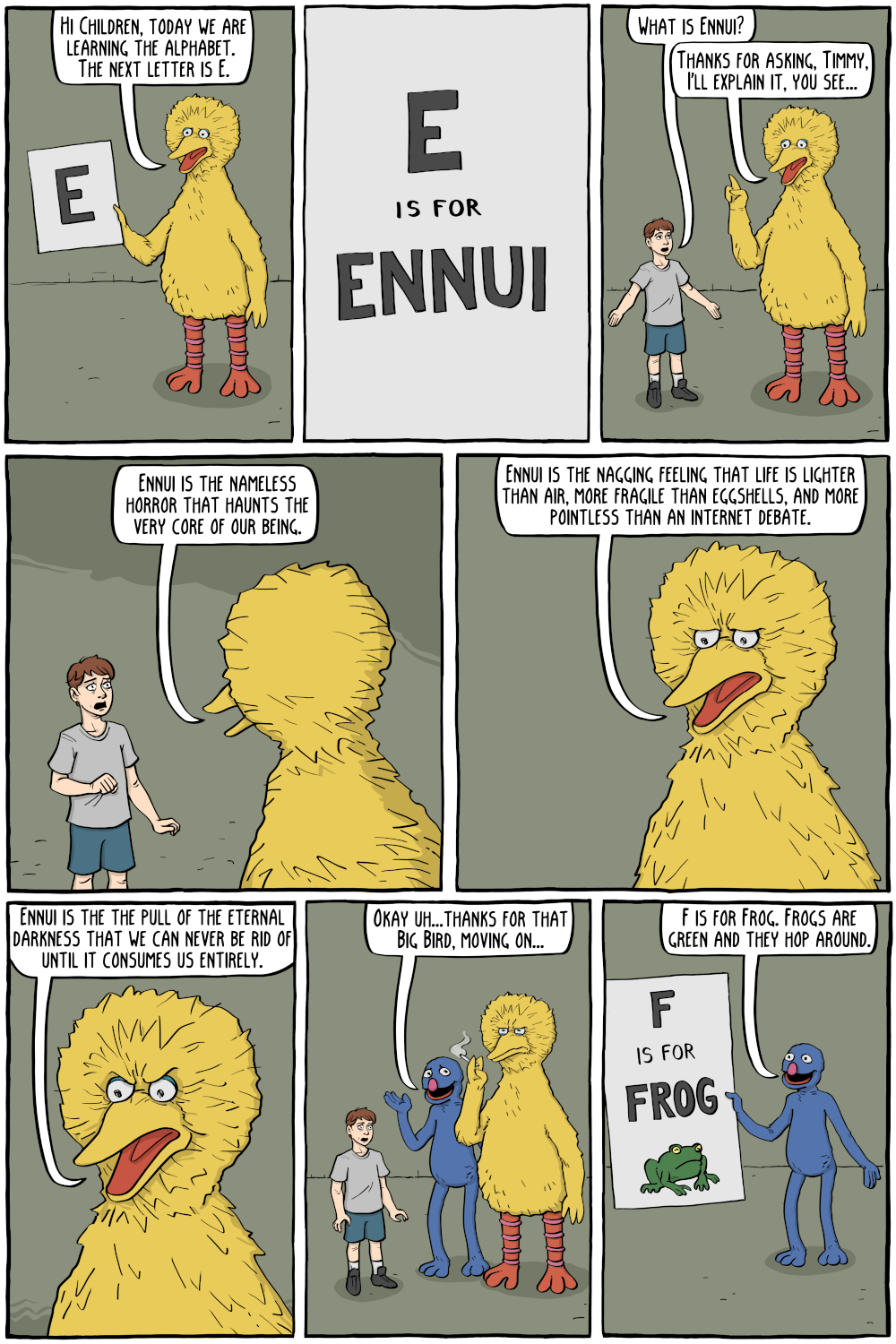Republican Senator of Utah Mike Lee introduced a bill that would effectively ban porn at the federal level in the United States.
The Interstate Obscenity Definition Act (IODA), introduced by Lee and Illinois Republican Rep. Mary Miller on Thursday, aims to change the Supreme Court’s 1973 “Miller Test” for determining what qualifies as obscene. “Obscenity isn’t protected by the First Amendment, but hazy and unenforceable legal definitions have allowed extreme pornography to saturate American society and reach countless children,” Lee said in a press release. “Our bill updates the legal definition of obscenity for the internet age so this content can be taken down and its peddlers prosecuted.”
The Miller Test is the three-pronged test that followed the famous “I know it when I see it” line from Justice Potter Stewart in 1964 when he grappled with defining obscenity at the time. The three prongs of the Miller Test are: “Whether the average person, applying contemporary community standards, would find that the work, taken as a whole, appeals to the prurient interest; whether the work depicts or describes, in a patently offensive way, sexual conduct specifically defined by the applicable state law; and whether the work, taken as a whole, lacks serious literary, artistic, political, or scientific value.”
According to Lee’s press release (the full text of the bill is not yet on Congress’ website as of Monday morning, but Lee gave it to right-wing media outlet The Daily Caller last week), the IODA redefines “obscenity” within the Communications Act of 1934 as “content that taken as a whole, appeals to the prurient interest in nudity, sex, or excretion” and “depicts, describes or represents actual or simulated sexual acts with the objective intent to arouse, titillate, or gratify the sexual desires of a person,” which “taken as a whole, lacks serious literary, artistic, political, or scientific value.” Most importantly, it completely removes the “intent” requirement from the current law—which currently prohibits the transmission of obscenity “for the purposes of abusing, threatening, or harassing a person.” That would mean anyone sharing or posting content that’s at all sexual or “intended to arouse” could be prosecuted for a federal crime.
This is Lee’s third attempt at trying to pass the same bill: He tried it in 2022 and again in 2024. But we are in an even more hostile political climate today when it comes to sexual expression, free speech, and porn. Project 2025, the conservative roadmap for the Trump presidency spearheaded by several in the administration, aims to demonize and obliterate pornography altogether—something sex workers have been sounding the alarm about for years.






